While using an air conditioner or heating unit, some questions are sure to arise in your mind. Sometimes you may even hesitate to present your questions in front of your technician during a repair visit. When you are unable to get answers to your questions, it may become frustrating and confusing regarding the use of your system. To help you with the issue, here we have put together a list of some Frequently Asked Questions about AC/HVAC that will help you in getting straight answers to your questions.
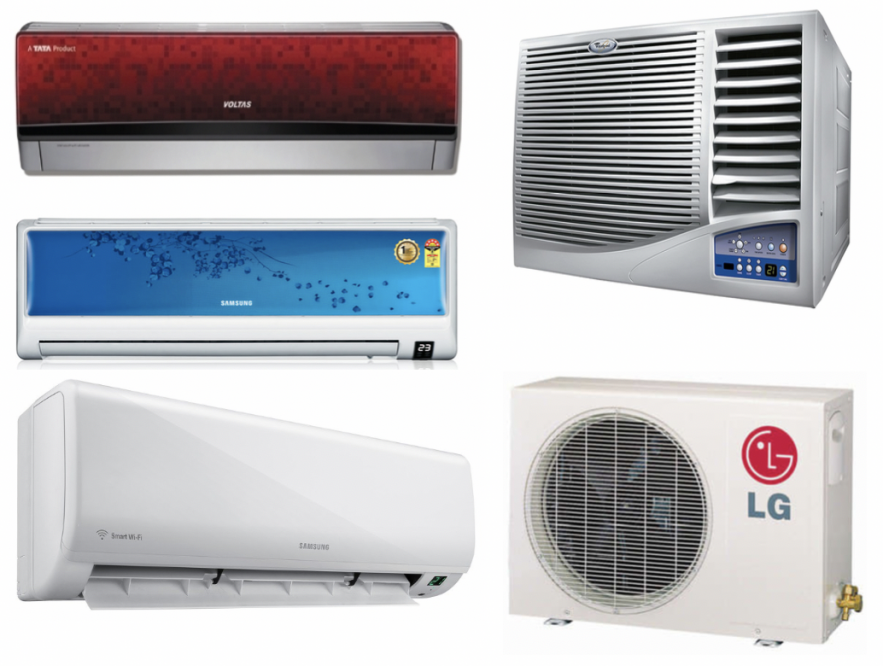
There can be many reasons behind your AC not turning like power issues (tripped breaker and broken fuse), thermostat issues, issues with the shut-off switch, condensate drain lines, inside power switch. You check for the power and thermostat issues on your own and fix them. But in case you fail to find the issue or if you are unable to fix it on your own, contact a professional you solve your problem.
HVAC means heating, ventilation, and air conditioner, but AC just means air conditioner. AC is used for cooling the air in your home. Window AC’s and central AC’s are the types of AC’S most commonly used. HVAC systems have gas furnaces and heat pumps along with the air conditioning units, working for both heating and cooling your home. Ventilation and ductwork functions are also covered by the HVAC systems.
Some of the most common reasons why your AC is running but not cooling the air may be power issues, thermostat issues, clogged filter, clogged drain, dirty compressor, ice buildup, low refrigerant levels, and condensate airflow switch. Whenever you face this type of problem, contact a professional and get your system checked to protect it from any further damage.
It is necessary to replace both the units because as per SEER ratings an air conditioner works more efficiently when both the indoor and outdoor units match perfectly. The more efficiently a system works, the lower the operating costs are. Also, when both the units are of the same age, both will need maintenance or replacement at the same time, and also have similar protection under warranties. This helps in saving costs in the long run.
Top recommended air conditioners for you:
1. MIDEA MAW05M1BWT Window air conditioner 5000 BTU with Mechanical Controls, 7 temperature, 2 cooling and fan settings, White
2. LG LW8016ER 8,000 BTU 115V Window-Mounted Remote Control Air Conditioner, White
3. Midea U Inverter Window Air Conditioner 8,000BTU, U-Shaped AC with Open Window Flexibility, Robust Installation, Extreme Quiet, 35% Energy Saving, Smart Control, Alexa, Remote, Bracket Included
4. Frigidaire 5,000 BTU 115V Window-Mounted Mini-Compact Air Conditioner with Mechanical Controls, White
5. BLACK+DECKER BPACT10WT Portable Air Conditioner, 5,500 BTU DOE (10,000 BTU Ashrae), White
6. MIDEA MAP08R1CWT 3-in-1 Portable Air Conditioner, Dehumidifier, Fan, for Rooms up to 150 sq ft, 8,000 BTU (5,300 BTU SACC) control with Remote
7. Rollibot ROLLICOOL Portable Air Conditioner w/App & Alexa Voice Control | Wi-Fi Enabled Portable AC & Dehumidifier | Quiet Operation, Easy Installation (10,000 BTU, White)
8. SereneLife SLPAC Portable Air Conditioner, 10,000 BTU, Fan, Exhaust Hose, Window Seal, Wheels, Remote
It is best to get your HVAC/AC cleaned and serviced at least once a year by a professional, no matter of system you have. For the best efficiency of your HVAC unit, get your air conditioning system inspected before the start of the summer season, and get your heating system inspected at the start of winter.
A zoning system divides a home into different zones based on use and need, to independently control the heating and cooling in the home. An HVAC zoning system uses dampers in the ductwork, regulating and redirecting hot/cold air to specific areas, creating customized temperature zones for comfort and efficiency.
You can check information about the existing warranty for your air conditioner on the website of manufacturer. Before going to the website you have to be ready with the model number and the serial number of your system, the brand of your system, and its distributor in your area.
It is necessary to cover your unit, whatever the season is. Covering your system is not important to protect your system from the leaves, shrubs, seeds, and nuts as when stuck in the unit they can cause some serious issues if not cleaned in time.
To calculate the right size of air conditioner for your home, just multiply the length of the room with the width or calculate the area to be cooled and then multiply the result with 25 BTU. This will help you in getting an ample amount of cooling, no matter if the weather is hot, rainy, moist, sunny, or humid.
No, stacking two filters together whether they are 1 inch thick, 2 inches thick, or more. Stacking filters don’t add to improving the air quality it reduces the air resistance in your system. It will not make the filters last longer but will lead to needing replacement earlier than usual.
No, there is no difference between a furnace filter, an HVAC filter, and an air conditioner filter. All the systems use the same filter. The filters are differentiated only based on their types and not based on their usage in the system. So, you don’t need to buy a new filter when the weather changes, you just need to get it cleaned. Replacement of the filter is only required when if your existing filter is dirty or damaged.
The windows are closed during the winters and thus the only way to get fresh air inside your home is through the ducts. After being used regularly, the duct system collects some dirt particles and debris over time. This collection of dust and debris obstructs your ducts and puts more pressure on the system. This will lead to inefficiency of your heating system and also increased energy bills. Also, when not cleaned for a long time, lots of pollutants and other allergens can collect in the duct the system which worsens the air quality of your home.
BTU or the British Thermal Unit is an international measure of energy and is defined as the amount of heat required for increasing the temperature of one pound of water by one degree Fahrenheit. It is used in determining the size of an HVAC or AC system and 12000 BTUs per hour is equal to one ton.
An air conditioner should run for approximately 15 or 20 minutes during a hot or humid day. It is enough time for your indoor air to reach the temperature set by you and after that, the system will turn itself off. The AC will turn itself on again once the temperature inside your home rises above your setting and this cycle will be repeated all day and night. If the temperature is consistently above 80 or 90 degrees throughout the day, your system may run more often to maintain the temperature or may even run continuously, which is ok.
But, there are some negative impacts of your AC constantly running all day like increased electricity bill and overloading or even breakdown of the system. If the temperature inside your home goes down but still the AC doesn’t turn off, contact a professional to avoid any long-term serious problems.
The average lifespan of an air conditioner unit is 10-15 years while in the case of a gas furnace it is 20-25 years. Regular servicing and maintenance help in keeping the system in good shape throughout its lifespan and even help in increasing the total lifespan of your system.
The humidity levels in your home can be controlled by using an air handler or a variable-speed motor as a part of your HVAC system. Units with variable speed run longer and at lower speeds, which allows the air to circulate against the cooling coil constantly and helps in removing some moisture from the air. The motors with variable speed also use less electricity and thus reduce the energy cost.
Loading recommendations...

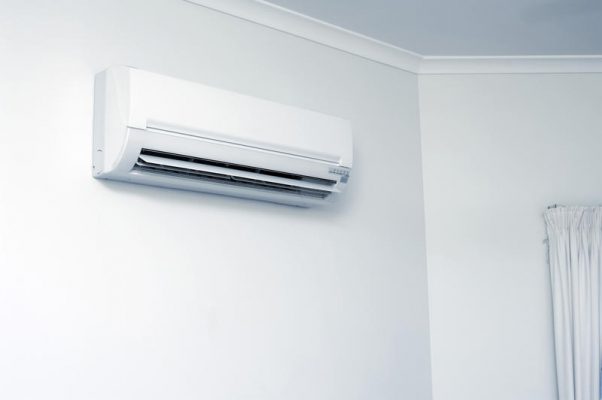
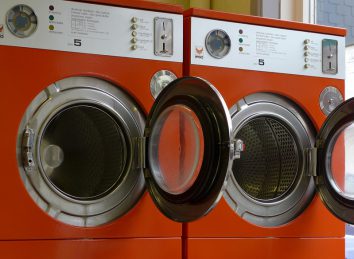
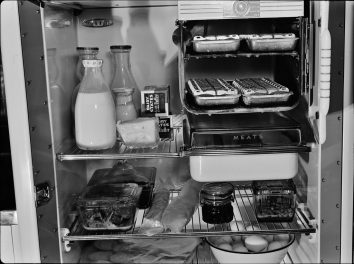
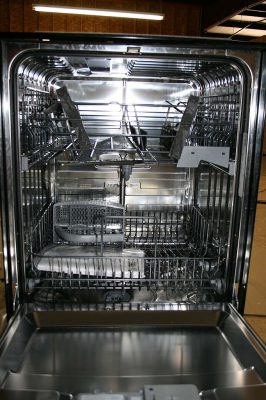
The exciting part of soccer penalties is the main emphasis of the well-known online sports game penalty shooters 2. This game, created by 10x10games, tests players’ shooting and goalkeeping prowess while simulating the stress and intensity of penalty shootouts.
To keep myself from being too free, I often play tunnel rush to pass the time.
Nice knowledge gaining article. This post is really the best on this valuable topic.
Hi,
Regular cleaning and filter changes are necessary to ensure that the system runs efficiently and avoids any build-up of dust, dirt or mold. Additionally, it is important to check for leaks or blockages in the system as these can cause a lot of damage if left unchecked. Finally, it is best practice to have an annual inspection with an experienced HVAC technician who can diagnose any potential problems before they become more serious issues. super general ac